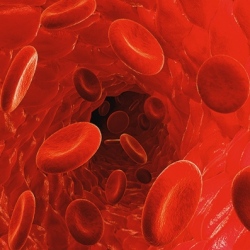
A single dose of an experiemntal vaccine can protect mice against the Zika virus, raising renewed hope of a vaccine for humans, say scientists. The US team say the results, published in Nature, are "striking" and should "galvanise" research efforts. Vaccine tests in humans could begin in months. Zika has been linked to birth defects such as microcephaly.
But even if these go well, a licensed vaccine for widespread use to protect those at most risk – such as pregnant women – would still be years away, experts advise. Zika has been spreading across Central and South America and, most recently, Africa.
More than 60 countries and territories now have continuing transmission of the disease, which is carried by mosquitoes. The virus causes serious birth defects during pregnancy and has been declared a global public health emergency.
US scientists from the Walter Reed Army Institute of Research, the Beth Israel Deaconess Medical Center and Harvard Medical School tested two types of Zika vaccine in mice – one based on bits of genetic code from the virus and another that is an inactive (and therefore harmless) replica of Zika. Both worked well, protecting every mouse that was immunised against the virus.
The WRAIR says it will push ahead with developing the purified inactivated virus vaccine, because this approach is well chartered ground – there are many existing vaccines for other disease that use this type of technology, whereas there are relatively few DNA-based vaccines.
Future tests will need to check the vaccine is safe and effective in humans, as well as how long the immunity might last. Researcher Dr Dan Barouch said: "There’s a lot of unknowns.
"With the preclinical demonstration of efficacy of these Zika virus vaccines, then we hope that this news will electrify and galvinise the vaccine effort against Zika virus."
